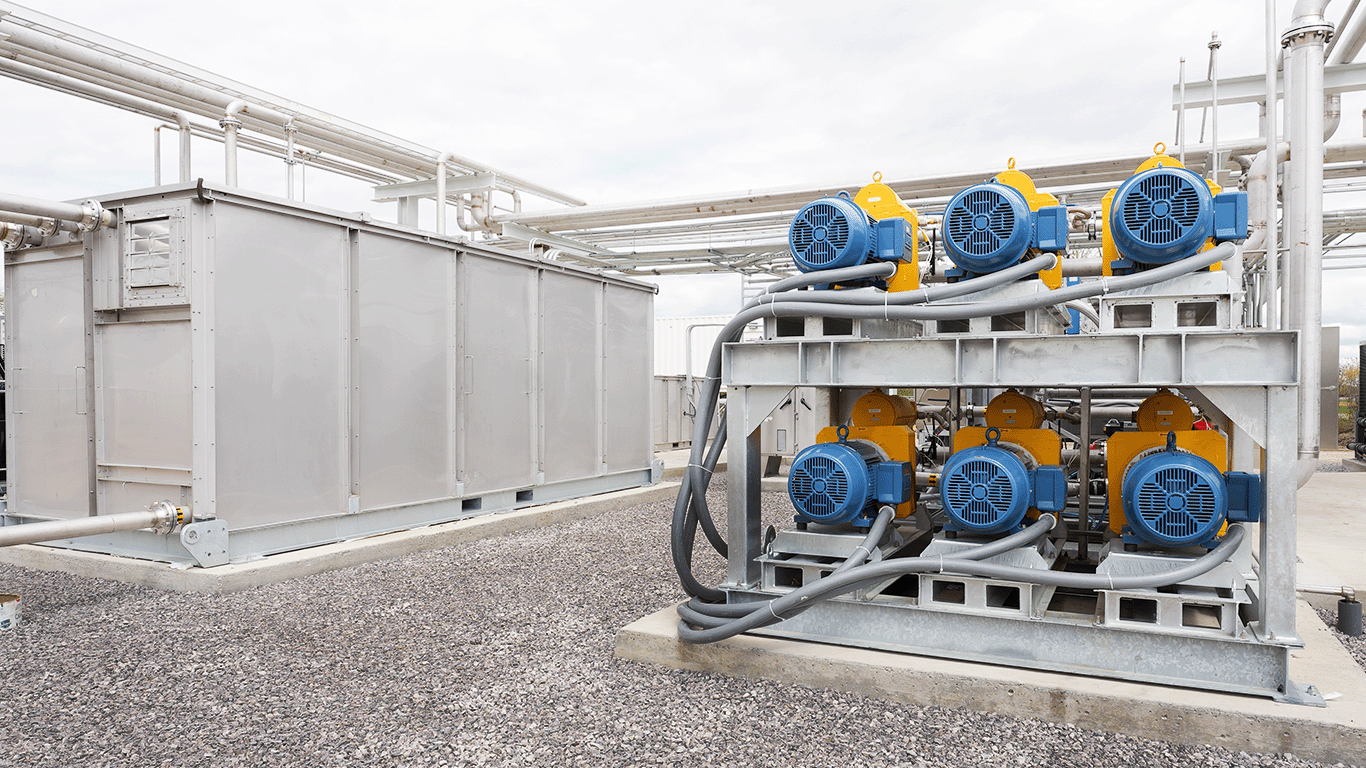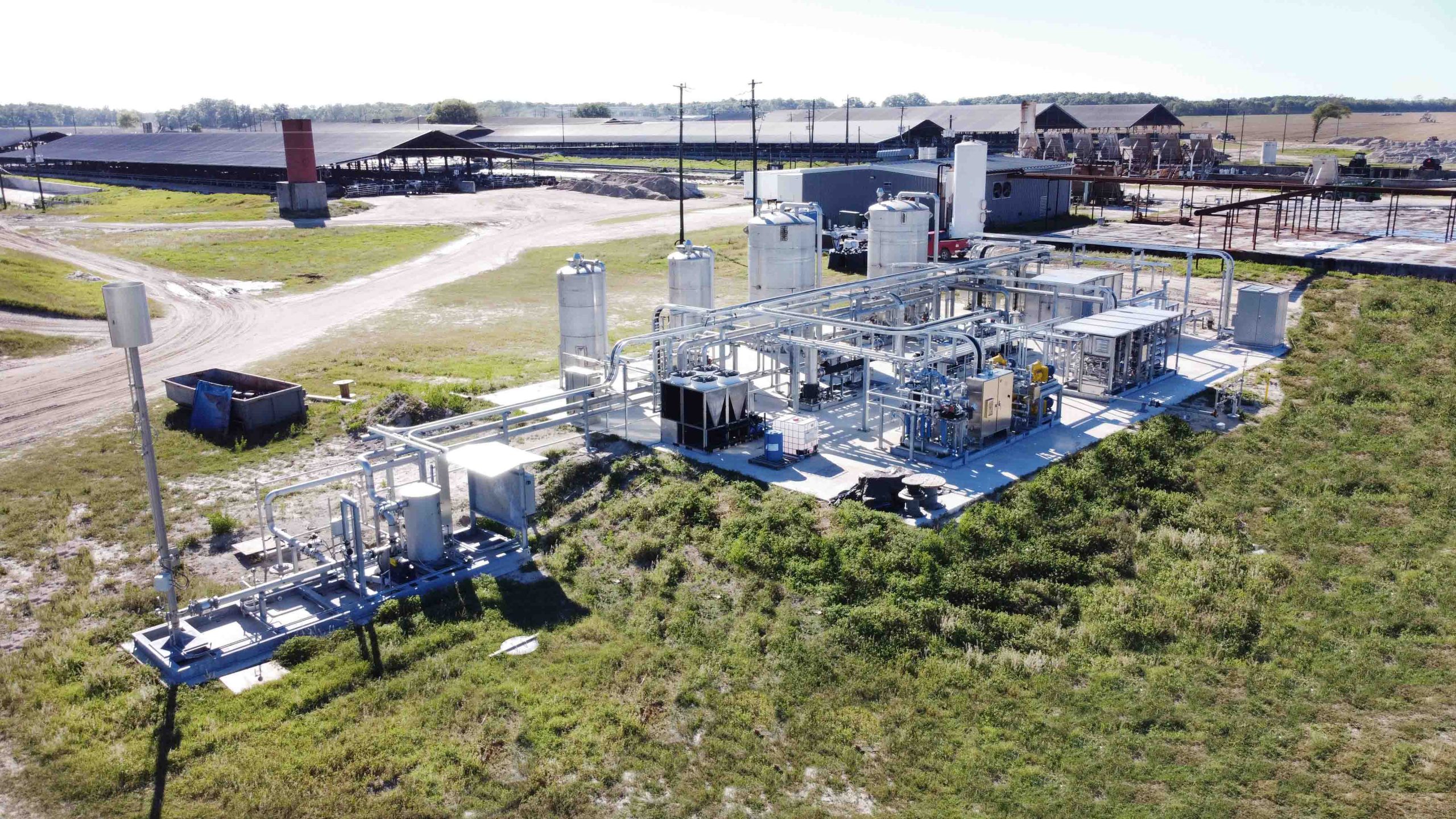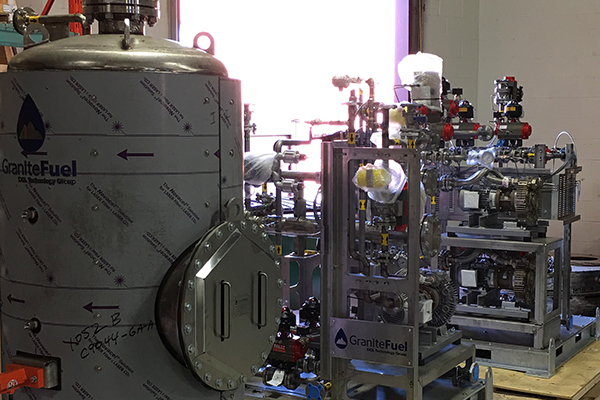As the world grapples with the escalating climate crisis, the transition to renewable energy sources has never been more critical. While solar and wind energy often take the spotlight, Renewable Natural Gas (RNG) is an unsung hero in the fight against climate change. In this blog post, we’ll explore how RNG can play a pivotal role in reducing greenhouse gas emissions and helping us achieve our net-zero targets.
What is Renewable Natural Gas (RNG)?
Renewable Natural Gas is methane that is derived from organic waste materials such as agricultural waste, landfill gas, and wastewater. Unlike fossil natural gas, which contributes to greenhouse gas emissions and global warming, RNG can be a carbon-neutral or even carbon-negative energy source. This is because the methane emissions that RNG captures would otherwise be released into the atmosphere, exacerbating climate change.
RNG and Greenhouse Gas Emissions
One of the most compelling aspects of RNG is its potential to reduce greenhouse gas emissions. Methane, a primary component of RNG, is a potent greenhouse gas when released into the atmosphere. By capturing methane from waste sources and converting it into RNG, we can prevent these emissions and even use the gas as a cleaner fuel alternative.
Carbon Neutrality and Beyond
In some cases, the production of RNG can be carbon-negative. For example, when agricultural waste is used to produce RNG, the carbon dioxide absorbed by the plants during their growth cycle can offset the emissions from RNG combustion. This makes RNG not just a renewable energy source but also a tool for carbon sequestration.
RNG in Electricity Generation
RNG can be used in reciprocating engines and turbines to generate electricity. When compared to coal-fired power plants, RNG-powered electricity generation can significantly reduce greenhouse gas emissions. Moreover, RNG plants can be more flexible and responsive to grid demands, making them an excellent complement to other renewable energy sources like solar and wind.

RNG for Transportation
The transportation sector is one of the largest contributors to greenhouse gas emissions. Renewable Natural Gas (RNG) can serve as a cleaner alternative to diesel and gasoline. Vehicles running on RNG can achieve lower emissions and better fuel efficiency, making RNG a viable option for greening the transportation sector.
RNG for Heating and Industrial Use
Natural gas is widely used for heating and in various industrial processes. Replacing fossil natural gas with RNG in these applications can result in substantial emissions reductions. Industries that rely on high-temperature processes can particularly benefit from RNG, as it can provide the necessary heat levels without the associated greenhouse gas emissions of fossil fuels.
Policy and Incentives
The potential of RNG to contribute to net-zero goals is increasingly being recognized at the policy level. Various countries are offering tax incentives, grants, and subsidies to encourage the production and use of RNG. These policy measures not only make RNG projects more financially viable but also signal a broader shift towards sustainable energy solutions.
Challenges and Considerations
While RNG offers immense promise, there are challenges to overcome. The initial investment in RNG production technology can be high, and there is a need for more extensive infrastructure for storage and distribution. However, as technology advances and economies of scale come into play, these challenges are likely to diminish.
A DCL Technology Group Company
GraniteFuel Engineering is proud to be a part of the DCL Technology Group, a group of companies with a shared focus on environmental technologies and clean energy solutions. Founded in 1986, DCL initially made its mark as a leader in emissions control technologies. Over the years, the group has expanded its portfolio to include an array of clean energy solutions, aligning its core mission with the global imperative for sustainability. Being part of such a forward-thinking group allows GraniteFuel to leverage broader expertise and resources, enhancing our ability to deliver state-of-the-art biogas conditioning systems.
A Synergistic Approach to Carbon Negativity
One of the most exciting prospects of GraniteFuel’s affiliation with DCL Technology Group is the potential for achieving a carbon-negative process. By combining GraniteFuel’s advanced gas conditioning technology with DCL’s proven emissions reduction solutions, we can capture and utilize more greenhouse gases than are emitted during the entire RNG production and utilization cycle. This synergistic approach not only amplifies the environmental benefits of RNG but also takes us a step closer to the ultimate goal of net-zero—or even negative—carbon emissions. It’s a groundbreaking possibility that could redefine the benchmarks for sustainable energy production.
A Sustainable Future with RNG and Collaborative Innovation
As we strive to meet the urgent climate goals set by global agreements like the Paris Accord, RNG stands out as a versatile and effective tool in reducing greenhouse gas emissions. From electricity generation and transportation to heating and industrial use, RNG has the potential to replace or supplement fossil fuels in a variety of applications.
Being part of the DCL Technology Group, GraniteFuel Engineering is uniquely positioned to push the boundaries of what’s possible with RNG. Our affiliation allows us to combine advanced gas conditioning technology with cutting-edge emissions reduction solutions, offering the tantalizing prospect of a carbon-negative process. This synergistic approach amplifies the environmental benefits of RNG, taking us a step closer to the ultimate goal of net-zero—or even negative—carbon emissions.
By investing in RNG production technology and infrastructure, and by implementing supportive policies and incentives, we can accelerate the adoption of RNG. In a world desperate for sustainable energy solutions, RNG offers not just hope but a practical pathway to a cleaner, greener future. With the combined expertise of GraniteFuel and the DCL Technology Group, that future looks even more promising.



